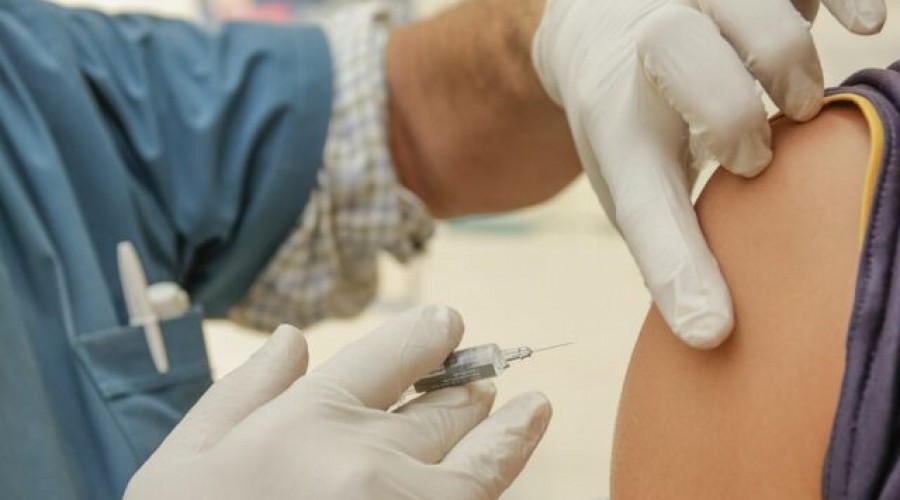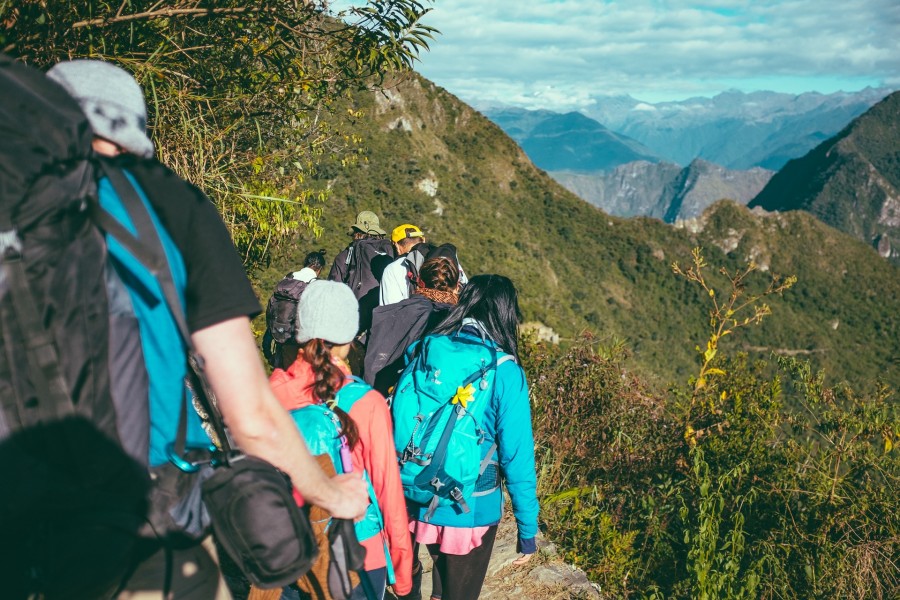Will it be safe to travel after taking covid vaccine?
Published 4 years ago

Vaccines are turning out, gradually, across the world. Does that mean it's an ideal opportunity to consider wandering yet?
The movement business might want to state yes. As per the latest information from the World Travel and Tourism Council, distributed toward the beginning of November, the limitations on movement brought about by the Covid pandemic were projected to remove $4.7 trillion from the worldwide total national output in 2020 alone. However, clinical experts actually ask alert—a message that will stay basic, even after people have been immunized against Covid-19.
Among their alerts: Vaccines are not 100% viable; it requires a long time to develop insusceptibility (after the subsequent shot), little is thought about the capacity to send Covid-19, even after vaccination; and crowd resistance will be far off. Their agreement is that dangers will remain, yet the opportunity of development can securely increment—taking into consideration at any rate specific sorts of outings—among people with assurance against the infection.
This is what else you'll have to think about movement wellbeing in the months ahead, regardless of whether you've just gotten your shot or are searching for regularity someplace not too far off.
What We Know, and What We Don't
The Covid-19 antibodies affirmed to date, both in the U.S. furthermore, Europe, have demonstrated to be extraordinarily protected, powerful, and the most grounded instrument yet in combatting the pandemic. In any case, there are known questions, especially with regards to conceivable infection transmission after immunization.
This inquiry reduces to one point: Clinical preliminaries for the presently affirmed immunizations, including those from Pfizer and Moderna, did exclude standard PCR testing of the investigation members. With no information about their capacity to convey the infection, there's sufficient convincing proof just to propose that antibodies bring about 95% successful assurance from suggestive disease, says Dr. Kristin Englund, irresistible infections expert at the Cleveland Clinic.
There are other significant questions, as well. "To see an antibody that is 95% powerful—those are astounding numbers, obviously superior to we ever envisioned," says Englund. "However, we don't have the capacity right presently to realize who will have a decent reaction [to the vaccine] and who will be one of the 5%."
The most effective method to Think About Herd Immunity
Another obscure, less significantly, is the thing that it will take to accomplish crowd resistance.
"The overall agreement is that it will take somewhere close to 70% to 80% [of the populace being immune] to take out broad danger—perhaps more," says Dr. Scott Weisenberg, who fills in as both head of the irresistible illness partnership program at NYU and as clinical overseer of the college's movement medication program. "We're numerous months from that, expecting that the immunization really eliminates transmission and that individuals get it."
In a most ideal situation where everything goes right, Weisenberg accepts group invulnerability can be accomplished in the U.S. at some point this late spring—forthcoming the endorsement of simpler to-convey antibodies, for example, the one by AstraZeneca, which could accelerate rollout.


.jpg)
